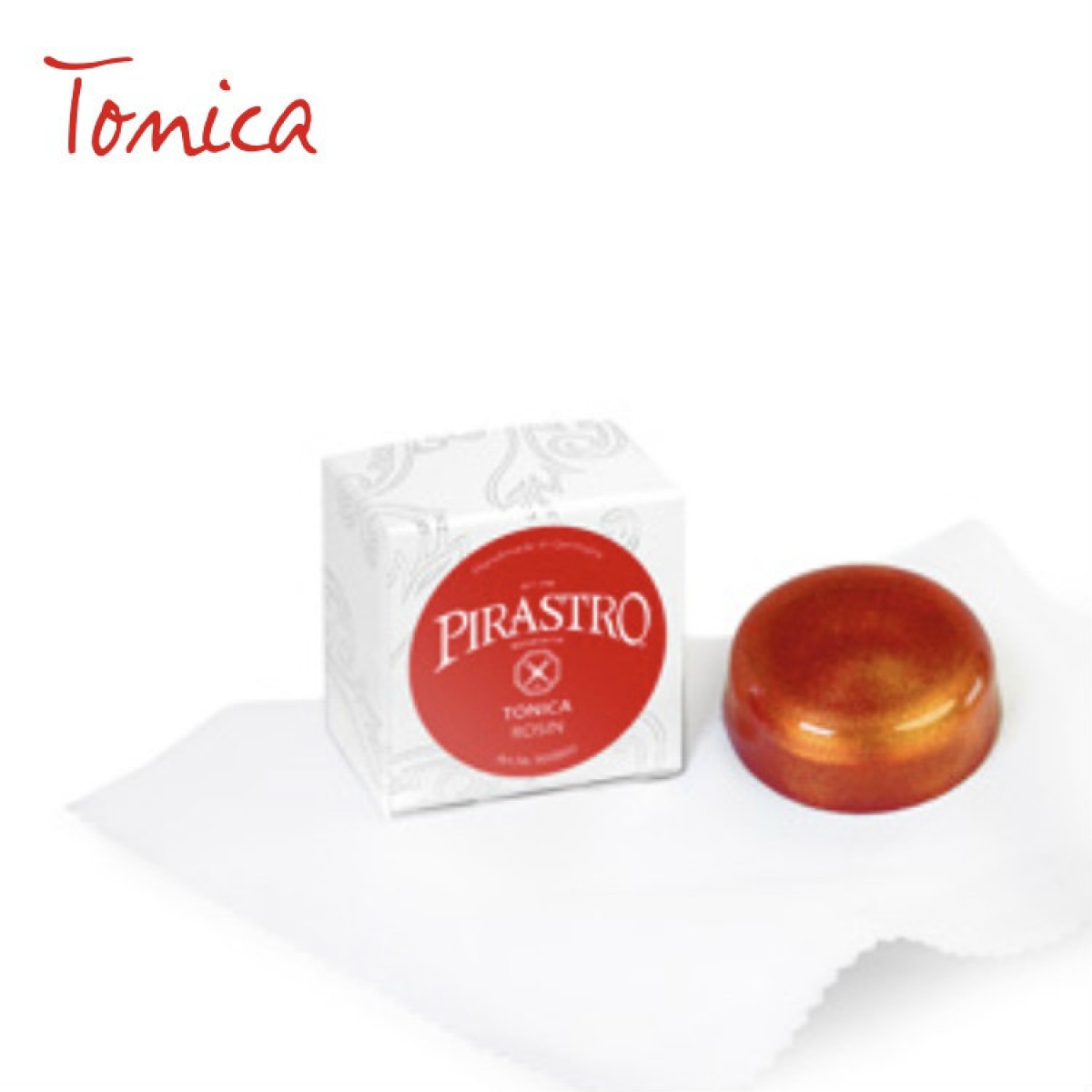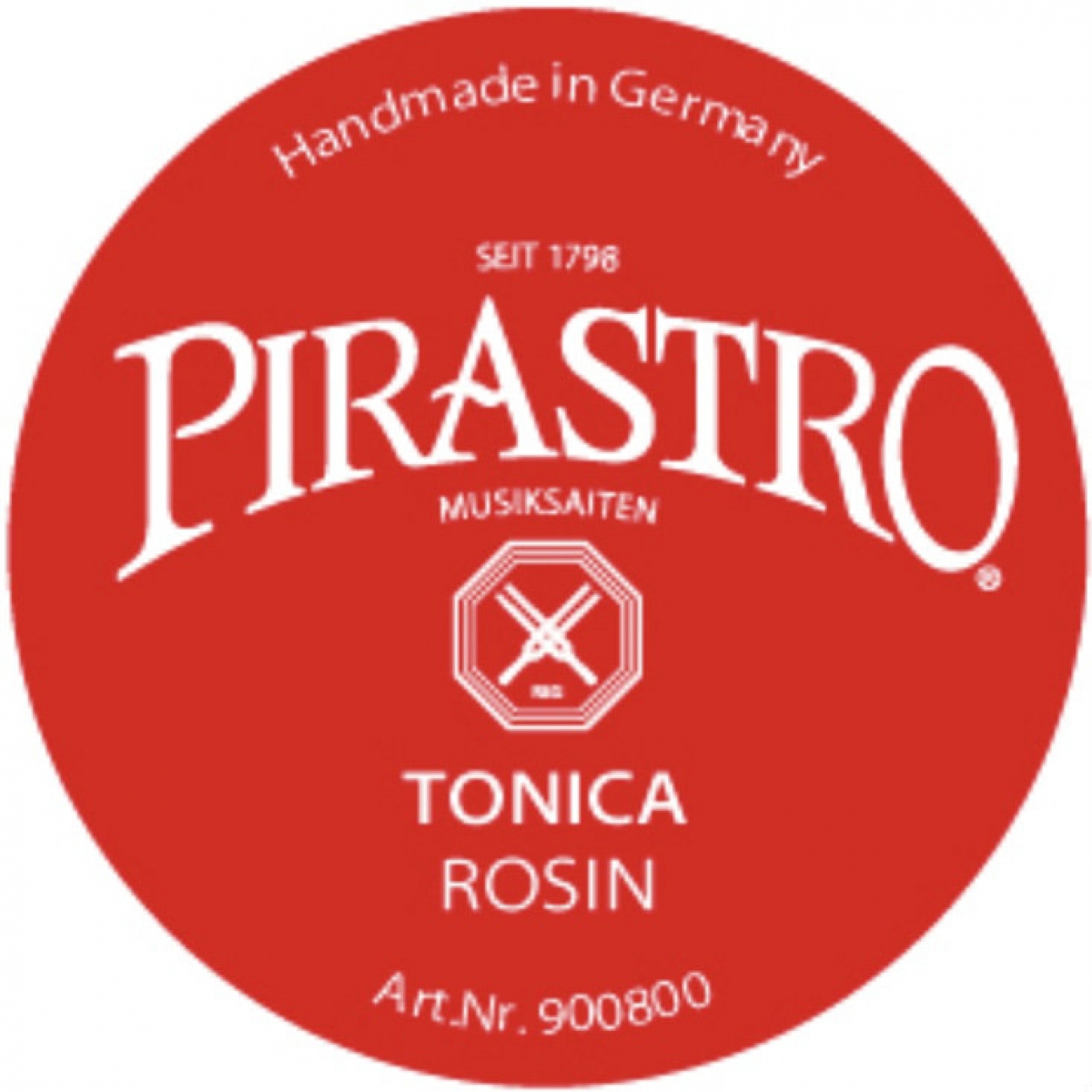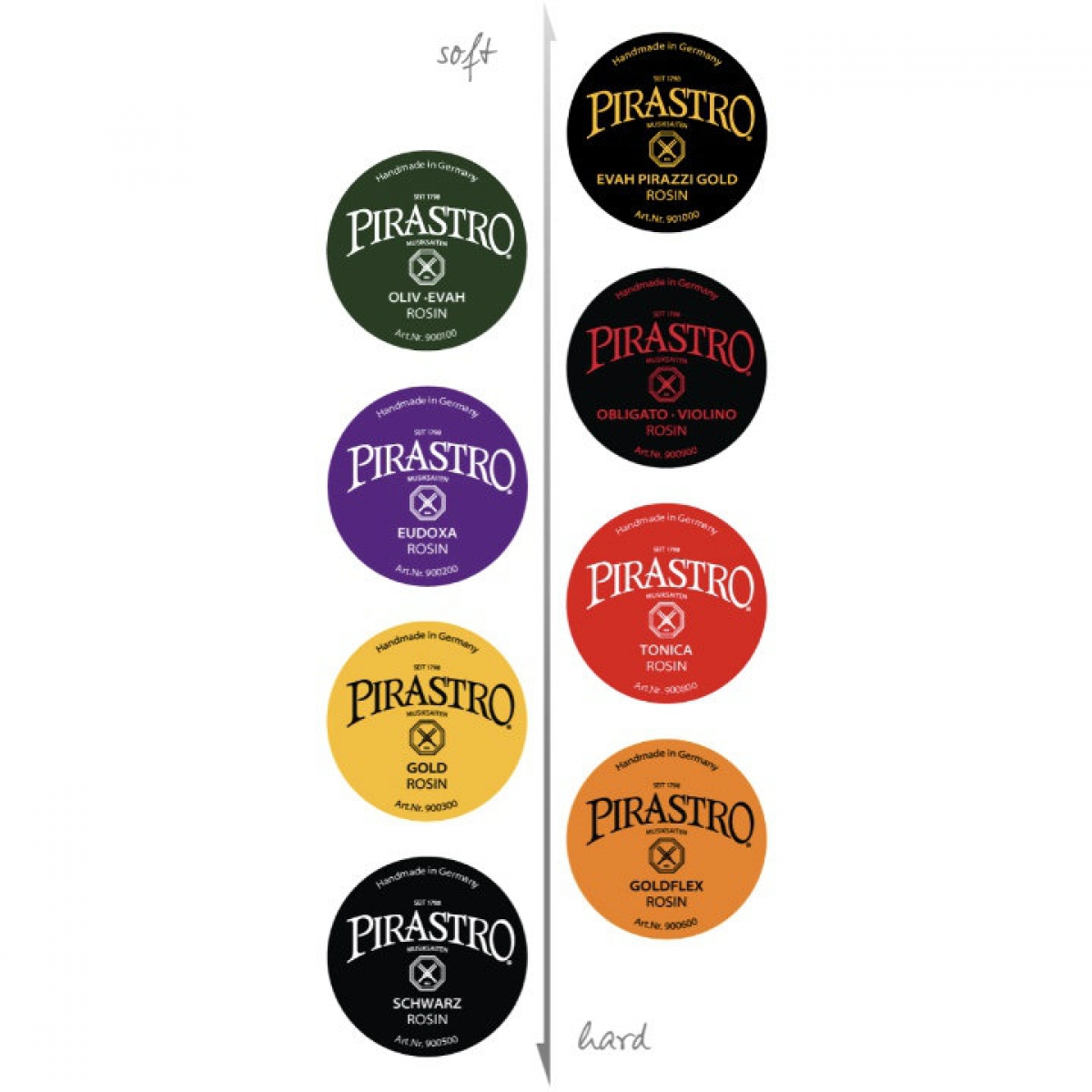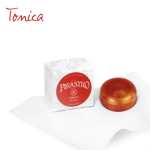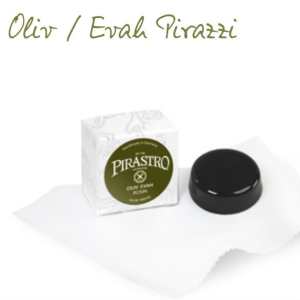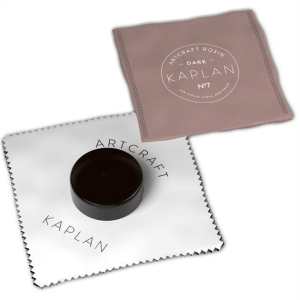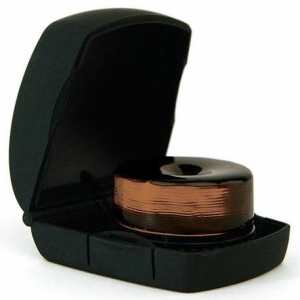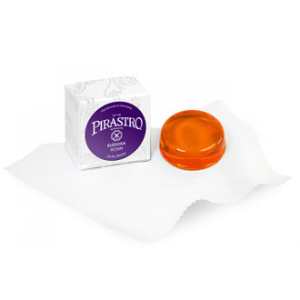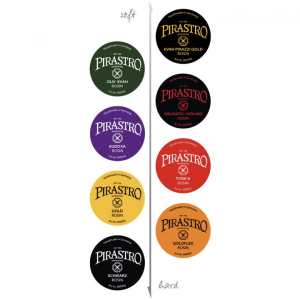Pirastro Tonica rosin is a metallic orange, medium-hard rosin. It was developed to be used with Pirastro Tonica violin strings and viola strings but can be used successfully with any make of strings. Each cake of rosin is glued onto a soft cloth which then is attached to a hard plastic grip. This prevents the fingers of the musician getting covered in rosin dust and also makes it easier to apply the rosin evenly. Rosin impacts the bowing technique and the sound colour of an instrument immensely and it is important that a rosin is carefully chosen.
If you're new to rosin, here's a quick guide. String players often carry more than one type of rosin, depending on various factors like the stings they have on different instruments, where they're playing and – believe it or not – the weather conditions! High quality rosin allows for bowing without scratchy sounds, especially if only a thin layer of rosin is applied. We have sold rosin for over 30 years and we are often asked which rosin should I use? Here's what our thought process always is….
Question 1 – Which instrument is it for?
– Violin: A harder rosin is often preferred by Violinists.
– Viola: A harder rosin is often preferred by Violists
– Cello: A medium rosin is often preferred by Cellists
– Bass: A softer rosin is often preferred by Bassists
Question 2 – What is the core material of the string on the instrumet?
– A harder rosin is often preferred when playing with steel core strings.
– A softer rosin is often preferred when playing synthetic, gut and gut wound strings
Question 3 – Where is the musician playing?
– A harder rosin is often preferred when playing in a concert hall.
– A softer rosin is often preferred when playing in a studio.
Question 4 – What weather changes.
– A harder rosin is often preferred when it's hot weather.
– A softer rosin is often preferred when it's cold weather.

